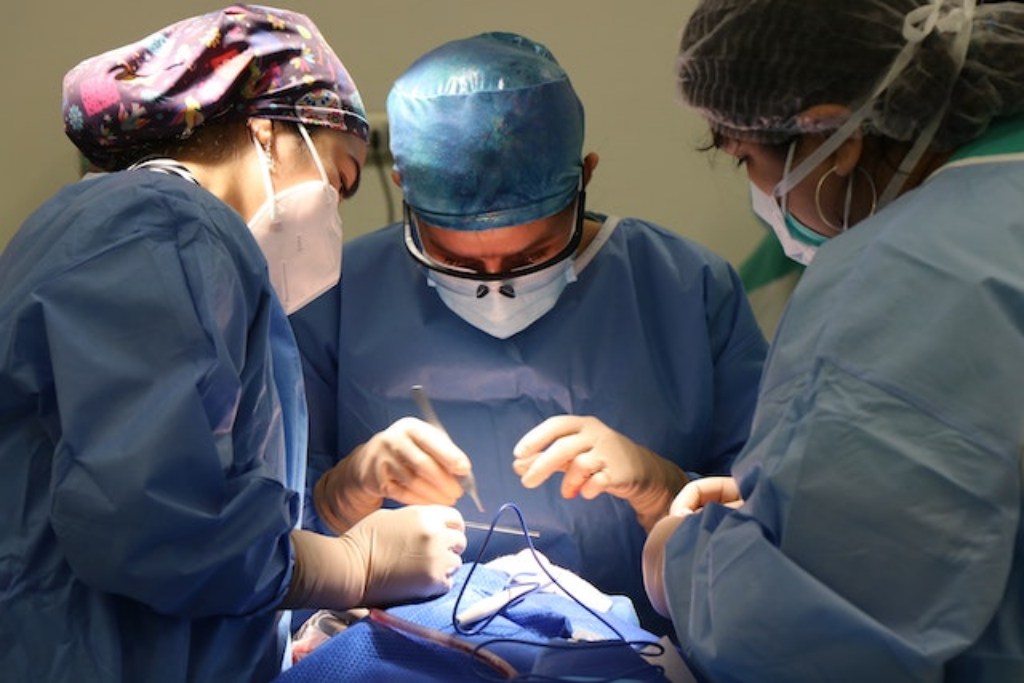“Will I get a scar?” When you are ready to have surgery, you will undoubtedly ask this question. The fact is that any incision through the skin has a 100 percent risk of leaving a scar. Surgical procedures always leave a scar. While your surgeon’s goal is to keep the scar as small as possible, there are several factors that determine how a scar may appear. Some of those elements are under your control, while others are not.
Factors Affecting Scarring
Scarring, as you now know, is very normal. However, each patient is unique, and not every patient will have the same level of scarring after surgery. The following variables increase the likelihood of severe scarring.
1. Age
Scarring is more common in older persons than in younger people. This is because your natural generation of collagen, the component that aids in keeping your skin elastic, slows as you age. Your skin also thins as you get older.
2. Depth and Size of the Incision
Unsurprisingly, the nature of the incision will influence the likelihood of scarring. Scarring is more likely in larger wounds than in smaller ones, as are scars that are exceptionally deep or long and cut through numerous layers of tissue and skin.
3. Skin Tone
Some skin tones are more prone to scarring than others. People with dark skin tones are more prone to developing keloid and hypertrophic scars, defined by scar tissue proliferation. However, some scars blend better with darker skin, while those with lighter complexion may find their scars more visible.
Prevent Scarring
You may take several measures to avoid or reduce the risk of scarring after a cosmetic surgery operation. These include:
1. Quit Smoking
Smoking impairs recovery and raises the risk of scarring so significantly that surgeons usually strongly advise patients to quit smoking before surgery. Because nicotine and smoking reduce microcirculation to the incision, oxygen and nutrients do not reach the wound as efficiently.
2. Don’t Drink Alcohol
Alcohol dehydrates your body and skin, lowering your overall health. Avoid drinking and opt for non-caffeinated beverages while your wound heals.
3. Get good Rest
Avoid getting exhausted. Getting adequate rest can assist your body in recuperating. If your surgeon advises you to take two weeks of rest, do not go back to work after a week of recovery.
4. Eat Healthily
A protein-rich diet, such as fish, meat, eggs, lentils, or tofu, will assist in promoting and accelerating proper wound healing. If you are prone to delayed tissue repair or realize that your diet is poor in nutrients, taking zinc and Vitamin C supplements in the weeks leading up to and after skin surgery might be beneficial.
5. Stay Hydrated
Dehydration occurs when you do not consume enough water. This might lead to electrolyte imbalances and cardiac problems in extreme situations. In milder situations, you will be thirsty, and your general health will suffer. Staying hydrated can assist you in keeping your recuperation on track.
6. Proper Wound Care
If you undergo a cosmetic procedure for instance, following your surgeon’s advice on facelift scars & how to avoid them could be the most crucial thing, you can do to avoid scars. Preventing infection, avoiding unprescribed ointments and remedies, and other basic incision care procedures are critical to recovering without scars.
7. Avoid Sunlight
When possible, avoid exposing your incision to the sun. If your scar is located where you can’t cover it, like in your face, invest in an excellent sunscreen. Your surgeon will be able to advise you when it is acceptable to use ointments, although it is normally appropriate to do so once the sutures have been removed or the wound has completely closed.
8. Avoid Stressing the Wound
Avoid putting strain on your wound by lifting, bending, or doing any activity that stretches or tightens the incision. This stress can cause the incision to split apart, slowing healing and frequently making the wound wider than it has to be, resulting in a larger scar.
9. Massage
More surgeons advise patients to have their scars massaged by a qualified massage therapist. This should be done once the incision has healed and any sutures or staples have been removed. Massage your incision and surrounding tissue to smooth out any lumps or bumps that persist after healing.
Closing Remarks
These are only a few of the factors that might influence healing and scar development. Concentrating on what you can control gives your wound the best chance of healing with a hardly visible scar. Contact our cosmetic surgery experts if you want more information on reducing surgical scars.
